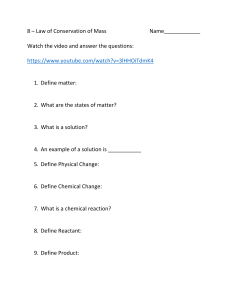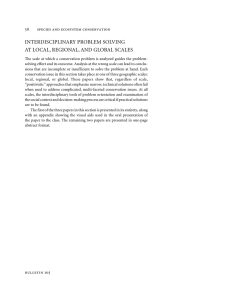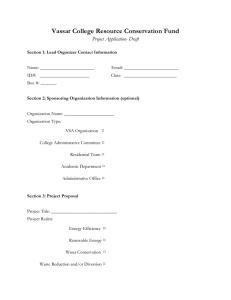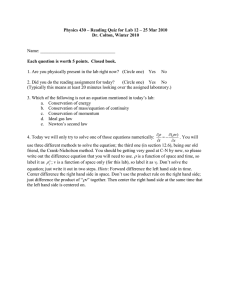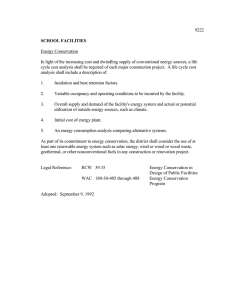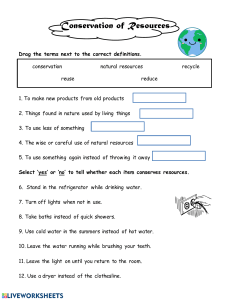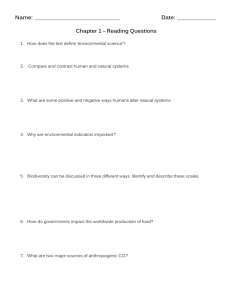EVALUATING CONSERVATION INITIATIVES
advertisement
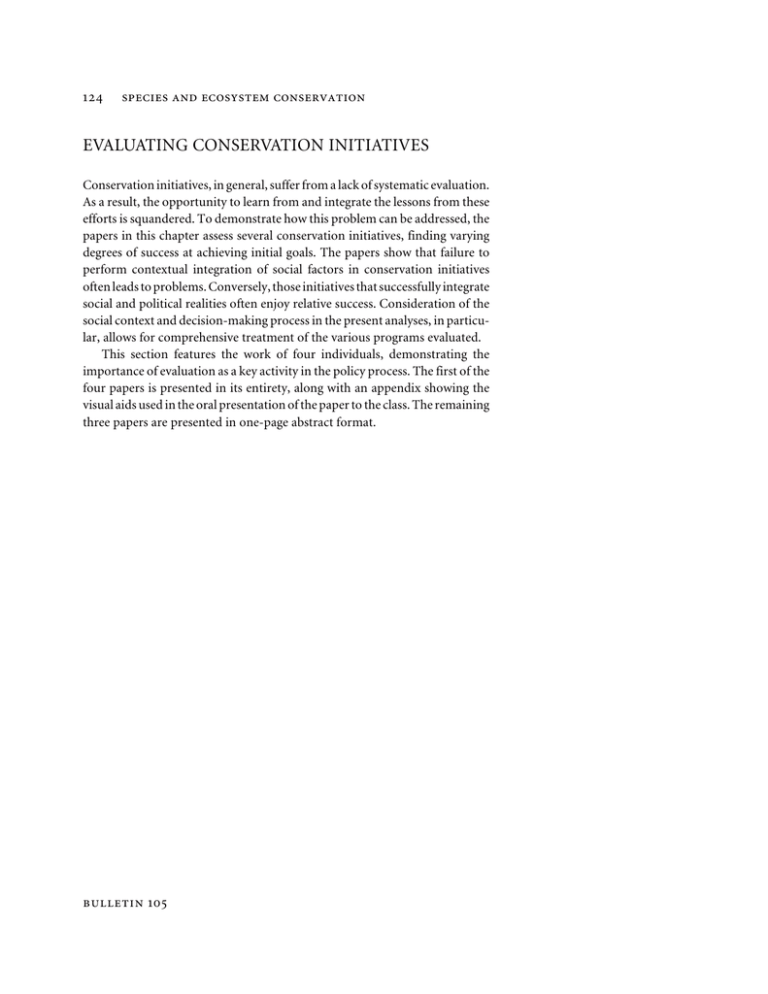
EVALUATING CONSERVATION INITIATIVES Conservation initiatives, in general, suffer from a lack of systematic evaluation. As a result, the opportunity to learn from and integrate the lessons from these efforts is squandered. To demonstrate how this problem can be addressed, the papers in this chapter assess several conservation initiatives, finding varying degrees of success at achieving initial goals. The papers show that failure to perform contextual integration of social factors in conservation initiatives often leads to problems. Conversely, those initiatives that successfully integrate social and political realities often enjoy relative success. Consideration of the social context and decision-making process in the present analyses, in particular, allows for comprehensive treatment of the various programs evaluated. This section features the work of four individuals, demonstrating the importance of evaluation as a key activity in the policy process. The first of the four papers is presented in its entirety, along with an appendix showing the visual aids used in the oral presentation of the paper to the class. The remaining three papers are presented in one-page abstract format.
